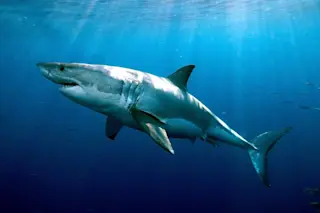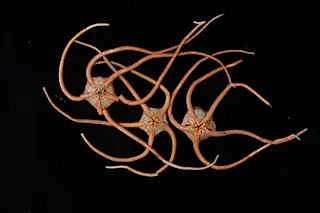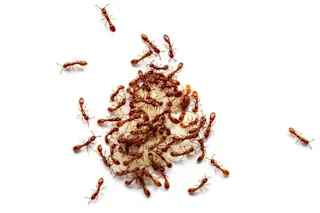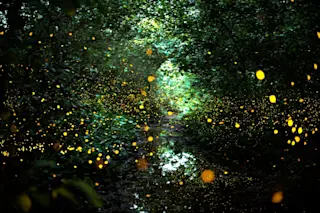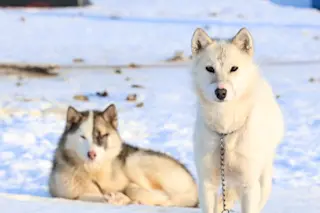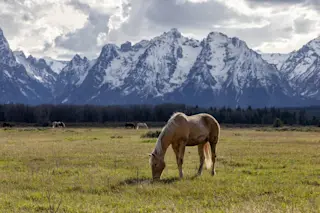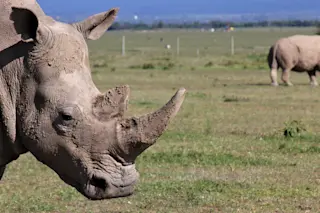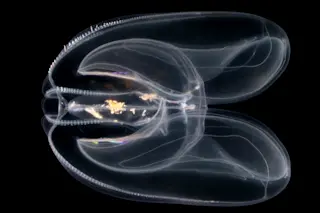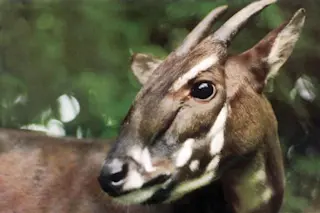A friend pointed me to the heated comment section of this article in Nature, Rebuilding the genome of a hidden ethnicity. The issue is that Nature originally stated that the Taino, the native people of Puerto Rico, were extinct. That resulted in an avalanche of angry comments, which one of the researchers, Carlos Bustamante, felt he had to address. Eventually Nature updated their text:
CORRECTED: This article originally stated that the Taíno were extinct, which is incorrect. Nature apologizes for the offence caused, and has corrected the text to better explain the research project described.
Here's Wikipedia on the Taino today:
Heritage groups, such as the Jatibonicu Taíno Tribal Nation of Boriken, Puerto Rico (1970), the Taíno Nation of the Antilles (1993), the United Confederation of Taíno People (1998) and El Pueblo Guatu Ma-Cu A Boriken Puerto Rico (2000), have been established to foster Taíno culture. However, it is controversial ...


